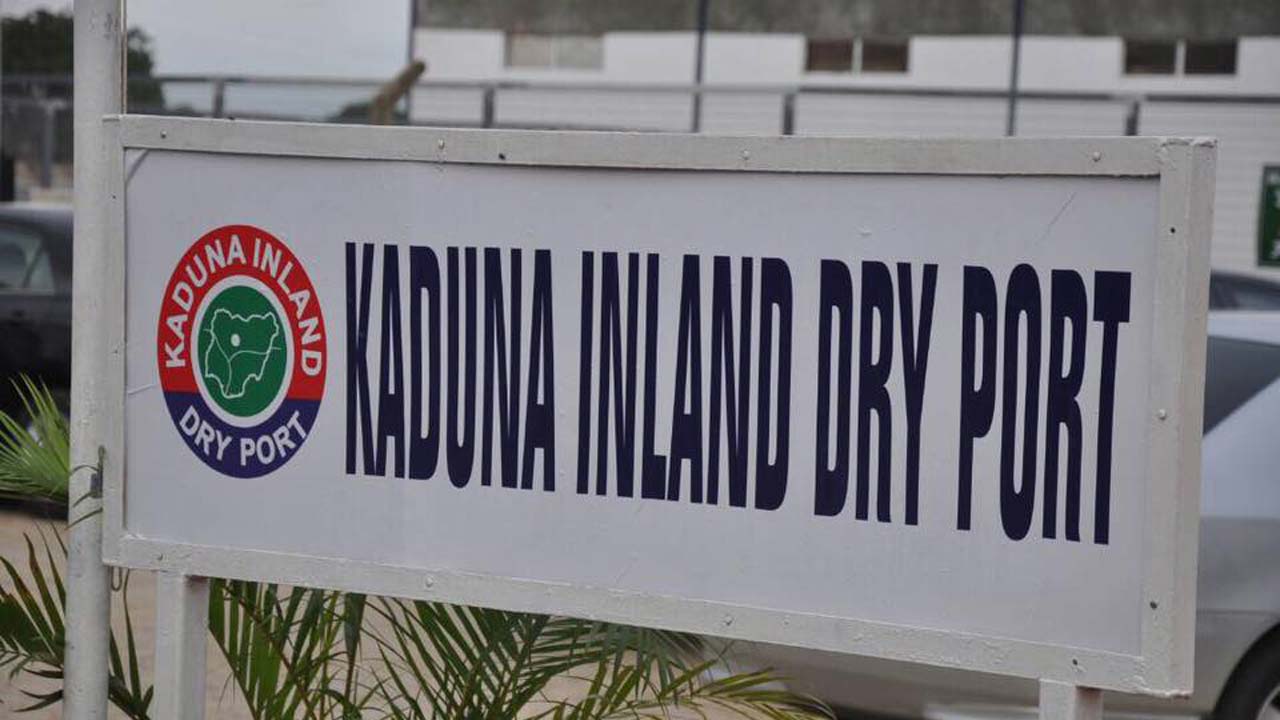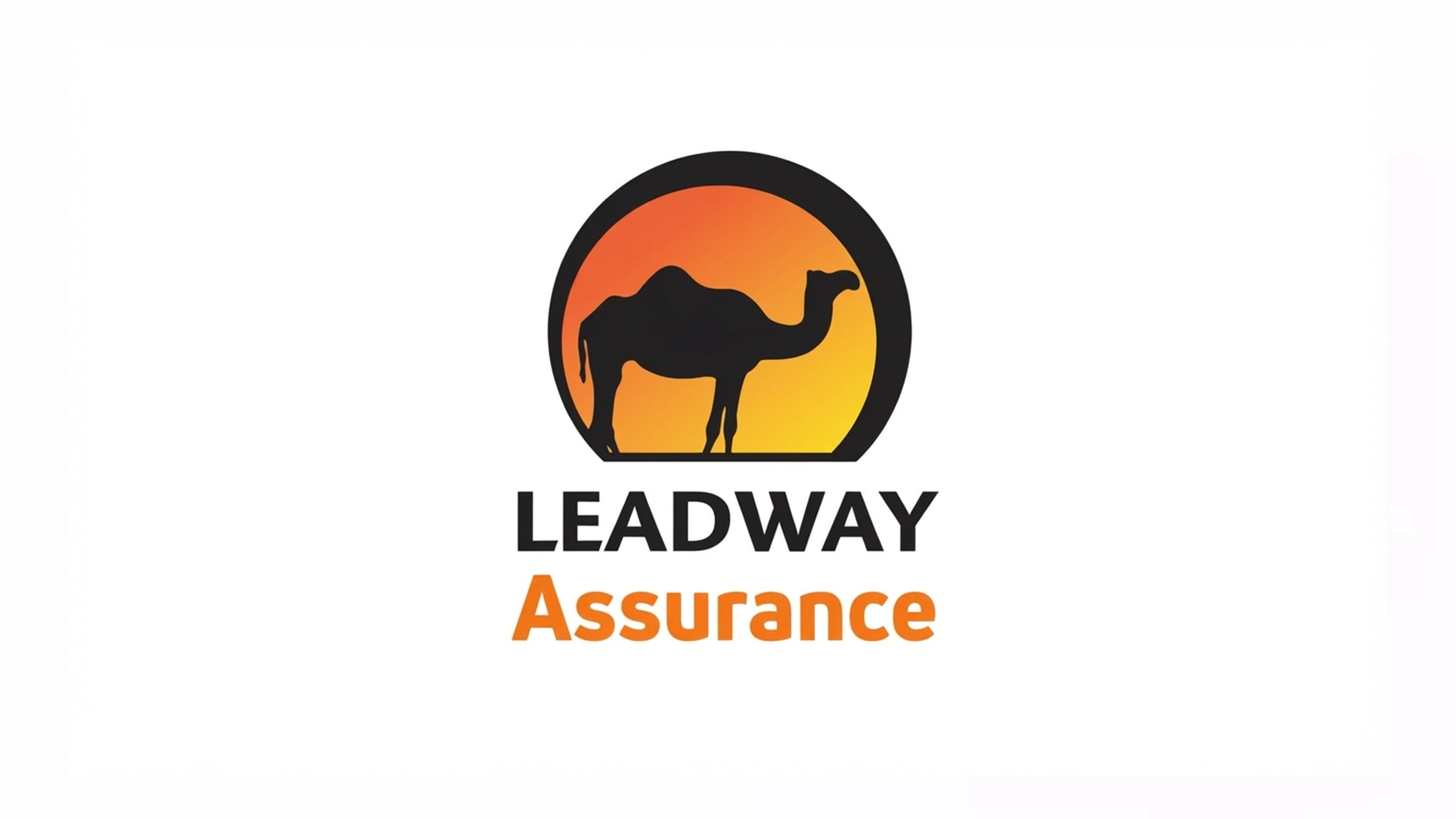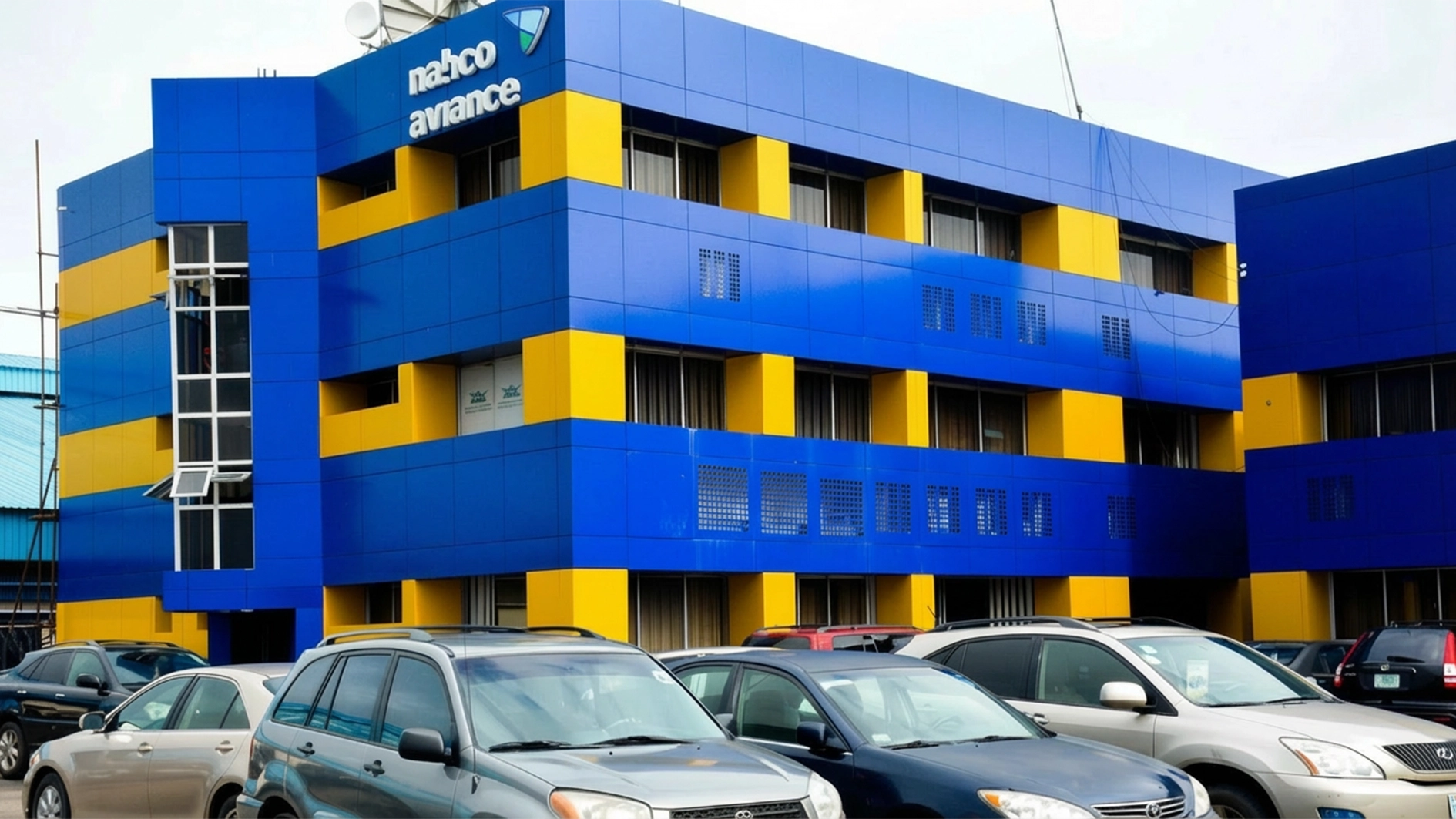
The Nigerian Shippers’ Council (NSC) has slammed 70 per cent of the liability cost for two damaged export containers to Kaduna Inland Dry Port (ICNL), with the remaining 30 per cent attributed to the exporter, USBAB Multi Choice Limited.
The two containers of black-eyed beans are valued at $104,111.75, with a total terminal and documentation cost of N1, 653,205.88.
These containers were shipped from Kaduna to Jebel Ali Port in Dubai and sustained damage.
The complaint, filed by the Managing Director of USBAB Multi Choice Limited, Usman Baba Ahmad, alleged that delays caused by ICNL and carrier MAERSK Nigeria Limited led to the damage.
Ahmad contended that timely shipment could have prevented the issue and sought the council’s intervention for a refund.
The Council convened a tripartite meeting at its Kaduna Port Office, involving all relevant parties, including the Federal Produce Inspection Service (FPIS), Anglia International Services Limited (pre-shipment agent), and ICNL to resolve the complaint.
Discussions revealed that delays were partly due to checks by the National Drug Law Enforcement Agency (NDLEA) and access restrictions imposed by MAERSK. Additionally, issues with the containers’ preparation and packaging were noted.
However, the exporter identified delays by ICNL and MAERSK as responsible for the damage and requested the council’s intervention for a refund.
The exporter argued that if the cargo had been shipped on schedule, having paid all necessary charges to ICNL from the beginning, the damage would have been avoided.
The complainant also claimed they did not receive any notification from FPIS or ICNL regarding the need for fumigation after 21 days, as stated on the certificate of quality, fumigation, good packaging materials, and weight.
The Chairman of the meeting and Deputy Director of the NSC Kaduna Port Office, Paul Garnva, welcomed all parties and informed them that the office regulates the dry port and protects shippers in terms of cost, effective, and efficient service delivery.
He noted that since the commencement of operations, over 16,000 TEUs of import containers have been cleared, and over 50 TEUs of export containers were handled.
Garnvaemphasised that the purpose of the meeting was to arrive at a fair and amicable resolution. He pointed out that the NDLEA had put the containers on hold for nearly a month.
In response to ICNL’s claim that they were informed late by MAERSK Nigeria, the council sought empirical evidence to confirm when both MAERSK and NDLEA notified the terminal and when they engaged NDLEA for the release of the containers.
The council also sought clarification from FPIS, which is responsible for issuing certificates of quality, fumigation, good packaging materials, and weight, regarding which agency in the export clearance chain is responsible for moisture content, as the certificate’s moisture content section was blank.
FPIS, represented by Usman Suleiman, stated that he inspected the beans, found them well-dried and free of stones, and certified them as exportable quality.
He noted that while the containers were not properly dressed during stuffing, the exporter insisted on continuing the process. Suleiman added that proper dressing would have delayed the shipment, impacting the exporters’ desired schedule.
On suitable container types for agricultural produce, he stated that any clean and insect-free container could be used.
ICNL Kaduna, represented by Rotimi O. and Salami Rasaq, acknowledged the unfortunate damage to the beans.
They explained that they transported the cargo from Kaduna Inland Dry Port to Apapa Port, Lagos, within 15 days and noted that the exporter had praised the processing of documents such as FOR. NXP and NESS.
The ICNL also explained that during stuffing, FPIS officials had advised dressing the containers with dry paper and bags, but the exporter insisted on continuing without the dressing.
They mentioned that access to the port was restricted by MAERSK’s policy and NDLEA hold-ups contributed to delays.






